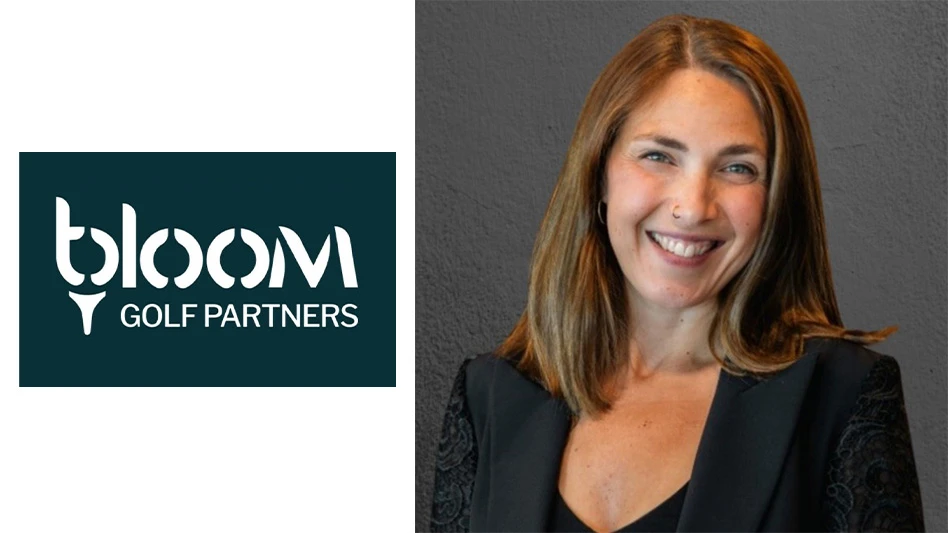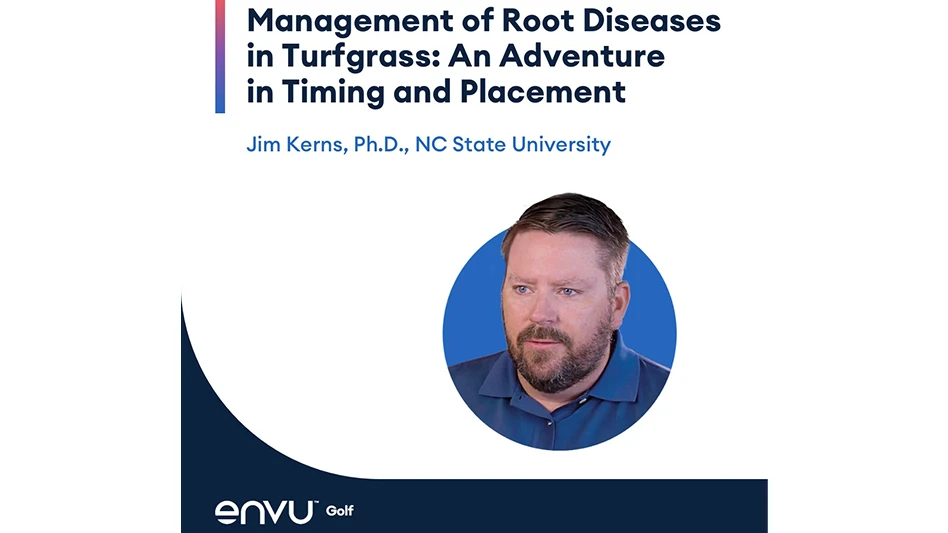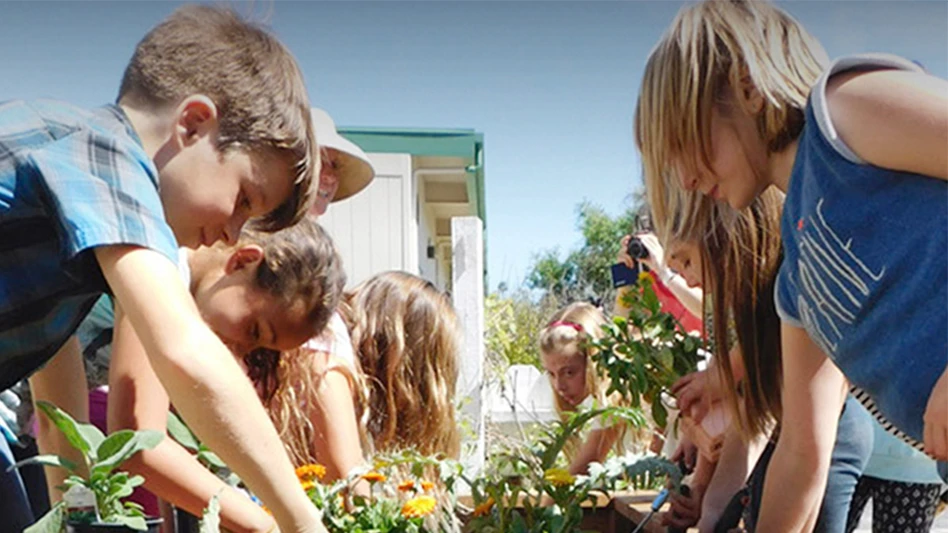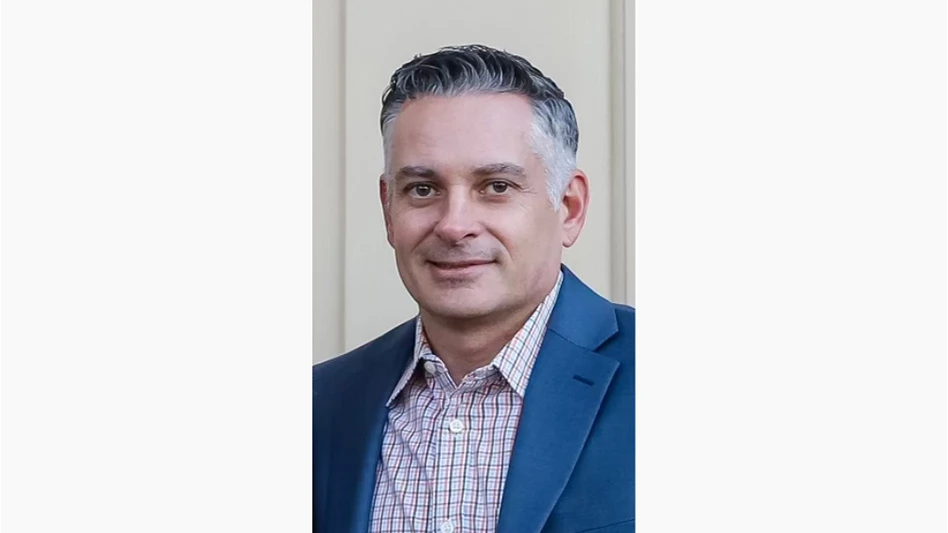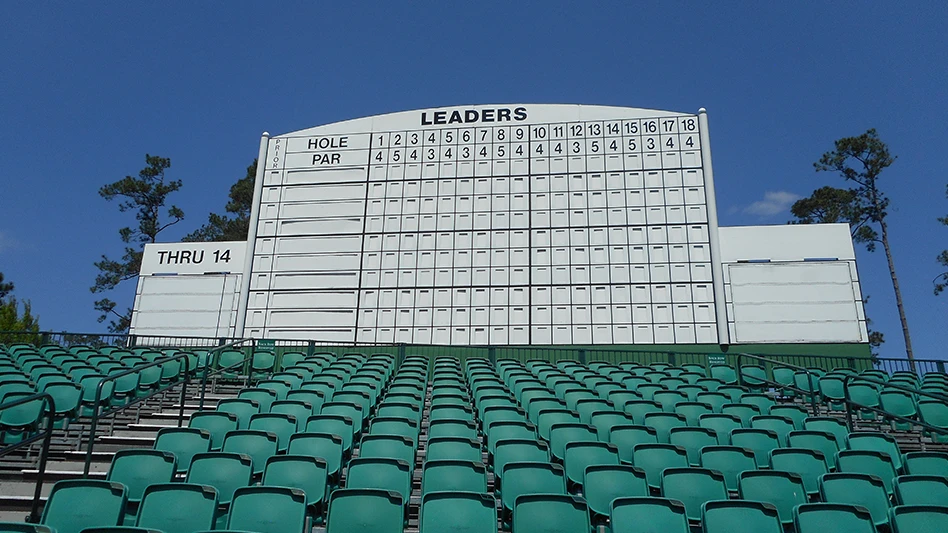
Guy Cipriano
In early February 1934, six weeks ahead of the first Augusta National Invitation Tournament — one of just five Masters Tournaments not officially called the Masters and the only one to both start and finish in March — Associated Press sports editor Dillon Graham mailed a letter from Atlanta asking club and tournament co-founder Clifford Roberts about “press arrangements” for the event.
“Do you plan to have telephones installed every few holes, as is the case in the national tournaments, to relay scores back to the press scoreboard?” he inquired. “Bob said he thought a press tent or room would be arranged.”
Bob was Bobby Jones, of course, and he and Roberts made sure there was room for the working press to pound out their stories at that first Masters. The press area has evolved ever since — from the second floor of the clubhouse, to an outdoor tent, to a Quonset hut starting in 1953, to a palatial press building in 1990, to an even more palatial press building in 2017, where Graham’s letter is currently displayed. Telephones, on the other hand, have become less prevalent.
Augusta National famously prohibits cell phones. Just leave them in the car for the day. Your texts and emails will be there when you return. Patrons who trigger metal detectors walking through the gates are gently pointed toward small buildings where they can check their tech. The same rule applies to media members — phones can be used in the press building but must remain there during course walks — and even to golfers themselves, though a prominent player managed to sneak one into his bag Wednesday.
A day or a week without a phone can help you feel like you’re walking back in time a little. The fashions are a little fresher every year, but Masters bucket hats remain a staple. New food items are added every few years — the savory tomato pie is a welcome addition and perfect inside a pimento cheese sandwich — but prices remain low. Five bucks for a beer? Three dollars for a chicken sandwich? In this economy? Scores are updated manually on those 10 famous leader boards, the first of which rose above the course shortly after the end of World War II. And just about everyone has their head up to read the numbers — green indicating bogeys, red marking birdies and the rare eagle — free from their screens.
There are also eight phone banks sprinkled around the course, portkeys to the days before we carried computers in our pockets. They are free to use. Lift the handset from its cradle, listen for that droning dial tone, and punch in whatever number you want to call.
There are some challenges. After nearly 20 years of smartphones remembering so many numbers for us, most patrons need to jot down the numbers they wanted to call. Sammy. Señor. Grandma. And, like so much of a day at the Masters, there were often long lines, sometimes 10 deep, and longer waits. But what is time, really, at a place, where it is measured not in minutes or hours but in holes and rounds and tournaments?
And once that call goes through and “Augusta National Golf Club” pops up for the lucky person on the other end of the line, the conversations are magical. What do you say? What can you say?
“You won’t believe it,” one patron opened earlier this week.
“I’m really here,” another said. “I’m really calling you from the Masters.”
“Hi, Dad,” a third said. “I know you’ve never really cared about golf, but I’m at the Masters, just walking around, and figured you would get a kick out of all this. Just wanted to call you and let you know.
“I love you.”
Modern humans have walked the planet for about 300,000 years. We have been able to transmit our voices over truly incredible devices — wires buried in the ground beneath cities and highways and even golf courses that remain embedded in amber — for 149 of them.
Sometimes, we need to step back, to speak into the beyond, to remember that.
Matt LaWell is Golf Course Industry’s managing editor. He placed three calls from the Augusta National phone banks this week — and had to leave a message every time.
Latest from Golf Course Industry
- Renovating Bredemus in West Texas
- Renovation starts at Okatie Creek GC at Sun City Hilton Head
- The Fittest Podcast in Turf: Episode 1
- New 6-hole course debuts in Oklahoma
- GCSAA announces Grassroots Ambassador Leadership Award recipients
- Reel Turf Techs: David Gummo
- PBI-Gordon promotes two to executive level
- VIDEO: A First Green morning
